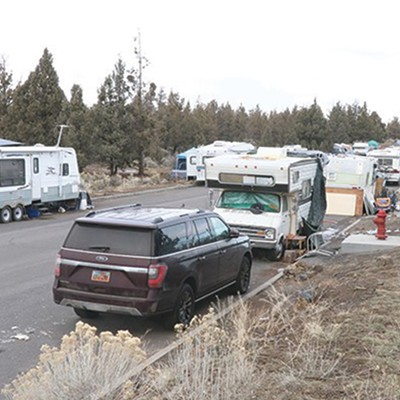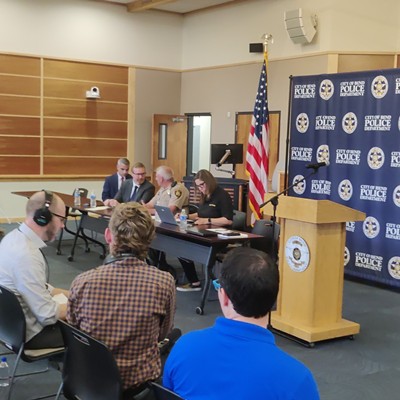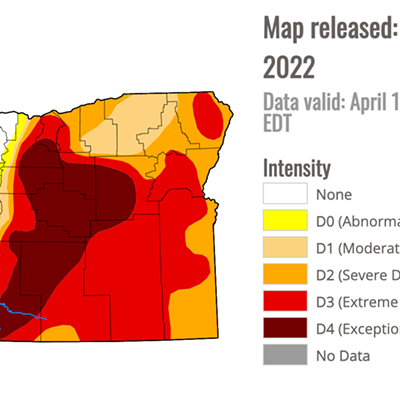Last week, Smoke Signals shared the story of Devontre Thomas, a 19-year old member of the Warm Springs Tribe. Last year, Thomas was a student at Chemawa Indian School in Salem when one of his classmates alleged that a very small amount of cannabis found in his backpack was supplied by Thomas. After hearing the allegations, U.S. Attorney for Oregon Billy J. Williams decided that the best course of action was to charge Thomas with a federal crime that could result in the young man spending a year in jail and losing federal benefits such as student grants and loans.
Defendants in Thomas' situation typically plead guilty and enter a "diversion program" involving counseling and drug testing rather than time in a federal penitentiary. But Thomas did not back down and instead insisted on taking the case to trial. "If we're making a federal case out of it, we'll make a federal case out of it," said his lawyer at his pretrial hearing.
Unlike so many similar cases in the past, people spoke up about the injustice they perceived. The media quickly noted that Thomas is the first person to be charged with a federal cannabis crime in Oregon in nearly five years and that, because of the quirks of current cannabis law, it is very unlikely that a non-Native American would have been criminally charged under similar circumstances.
Three of Oregon's Democratic members of Congress spoke up as well. Rep. Earl Blumenauer and Senators Ron Wyden and Jeff Merkley sent a letter to Williams basically asking whether his decision to prosecute Thomas was really in the public interest. Their letter reads in part:
"With heroin, methamphetamines, and opioids causing widespread harm to people across the state, your office has substantial drug enforcement priorities, other than the prosecution of simple marijuana possession crimes. ...(Y)our office retains prosecutorial discretion in expending scarce legal resources in pursuit of those priorities that will make the biggest difference to Oregonians. ...There are opportunity costs in choosing to prosecute low level marijuana crimes rather than targeting criminal activity linked to violence. In particular, we have concerns with any approach that fails to take into account the devastating effects that marijuana possession convictions have on future employment and education prospects for those who are convicted, especially for a substance that has been decriminalized in Oregon since 1973. Fighting dangerous drug crimes and reducing the prevalence of these drugs and their effects should be the priority of your office."
In response, Williams caved. He agreed to drop the charge if Thomas keeps a job and does not commit a crime for 60 days. Thomas' lawyer called it a "fair resolution of the case," and Williams' office had no comment.
As is so often the case, Rep. Blumenauer said what so many Oregonians were thinking: "While I am pleased to see the U.S. Attorney drop the charges, ... I'm still concerned that (Mr. Williams) thought it was worth prosecuting in the first place." As Blumenauer implies, prosecutions like this one remain possible until federal cannabis law changes.
























